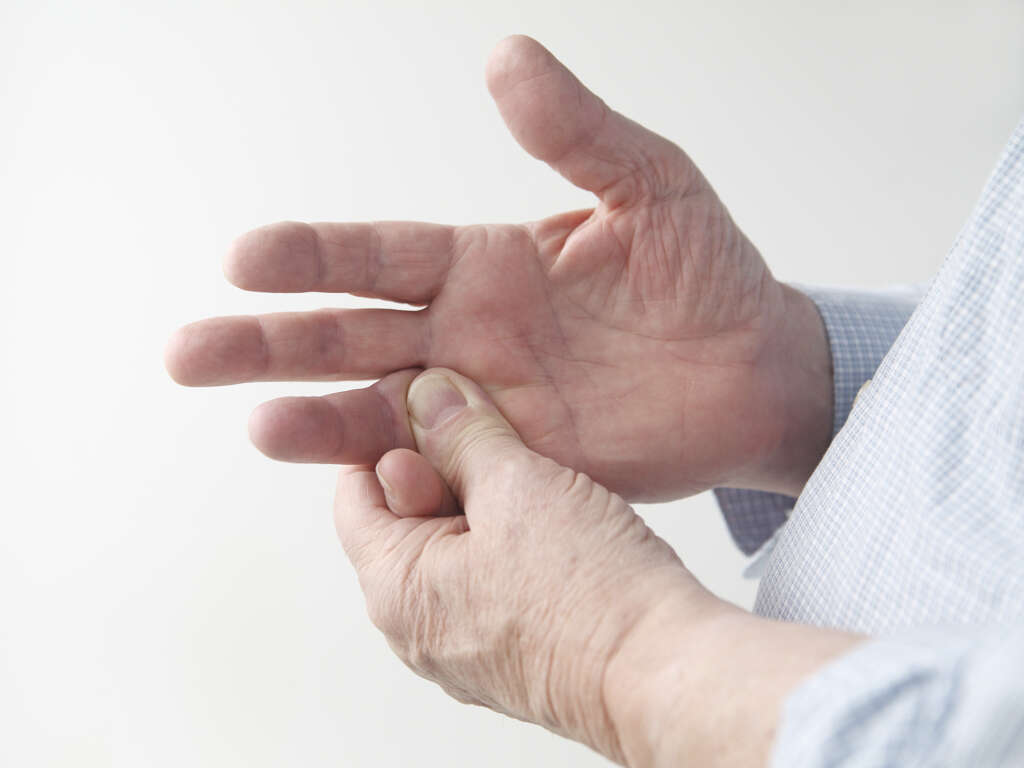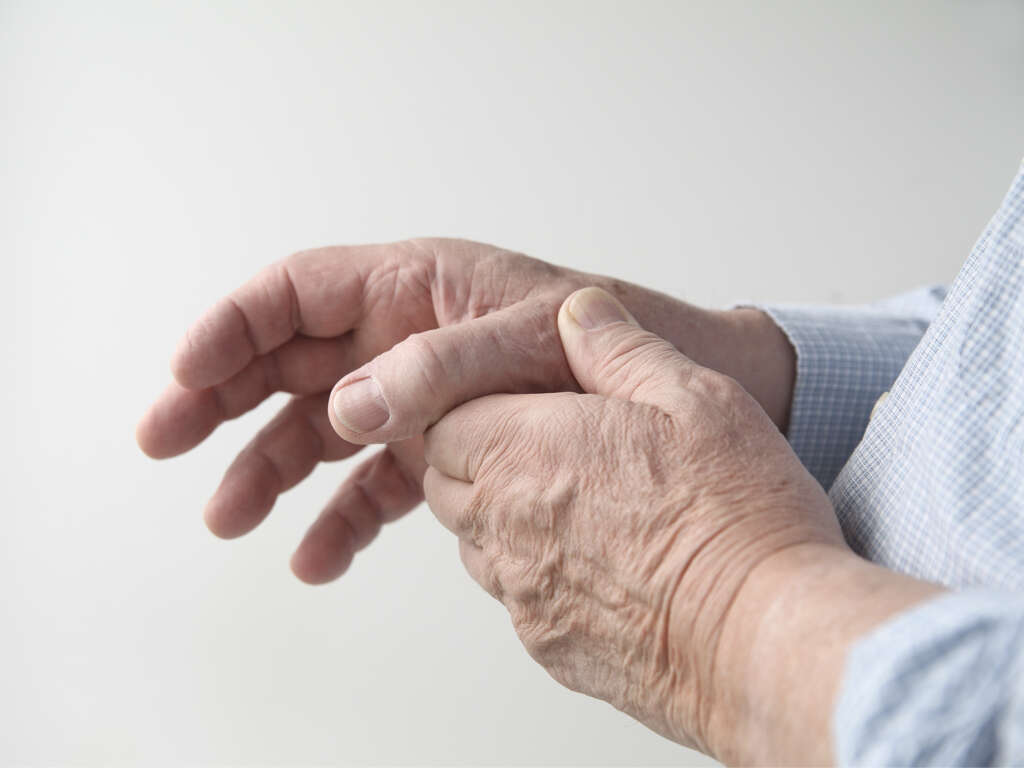10 Causes Of Shaky Hands
Shaky hands can also be known as hand tremors. Tremors can be defined as rhythmic and involuntary movement that can be caused by the synchronous contractions or alternating of antagonistic muscles. It is one of the most common movement disorders and can affect the legs, vocal cords, arms, and head.
Depending on the underlying cause, tremors can be constant, intermittent, short-term, or chronic. Shaky hands can negatively affect the quality of life for those affected as it can lead to difficulty writing and holding utensils.
Tremors can be broadly divided into resting tremors and action tremors. Resting tremors occur when the muscles are relaxed, while action tremors occur when the muscles are contracted during voluntary movement.

Cause #1: Multiple Sclerosis
Multiple sclerosis is a condition where demyelination occurs. This means that the insulating covers (myelin sheath) of the nerve cells for both the brain and spinal cord are damaged. It leads to the disruption of the ability for the nervous system to communicate and can result in various signs and symptoms such as mental, physical, and even psychiatric issues.
Examples include ocular symptoms, trouble with coordination, muscle weakness, among others. Many patients with multiple sclerosis have some degree of tremors which develop when the disease causes damage to the pathways that control movement.
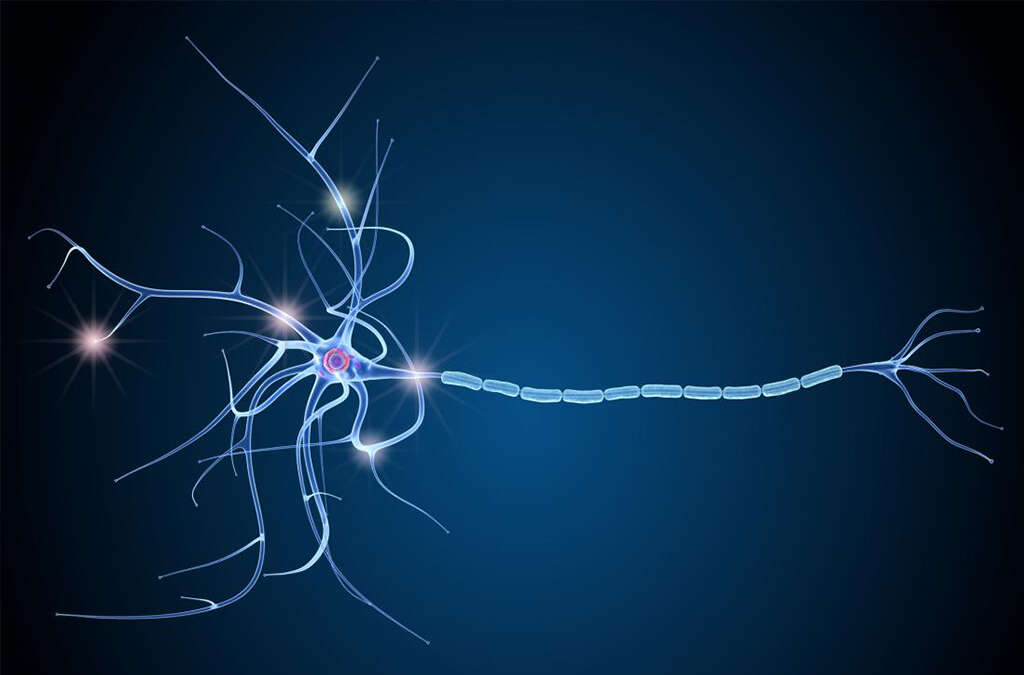
Cause #2: Traumatic Brain Injury
Traumatic brain injury refers to intracranial injury which occurs when there is an external force that has caused injury to the brain. It can be classified based on the severity or mechanism of the injury. Traumatic brain injury can cause cognitive, physical, emotional, and behavioural issues. Prognosis varies ranging from death to complete recovery, as it depends on the location and severity of the injury.
Traumatic brain injury can be caused by road traffic accidents, falls, or violence. Depending on the extent of the injury, rehabilitation may include speech therapy, physical therapy, occupational therapy, recreation therapy, vision therapy, supported employment, and counseling. Brain injury can cause damage to the nerves that affect movement coordination.
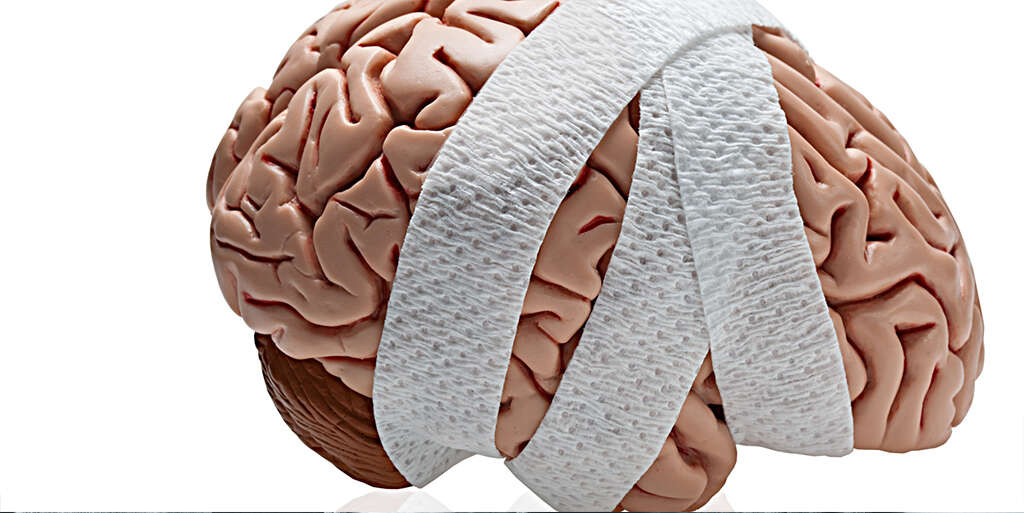
Cause #3: Stroke
A stroke is a condition where there is poor blood flow to the brain, which results in cell death. Broadly categorized into two different types of strokes - ischemic and hemorrhagic - these have similar signs and symptoms such as loss of vision (usually unilateral), dizziness, issues with speech or understanding, and an inability to move.
Risk factors of stroke include diabetes, tobacco smoking, high blood pressure, high blood cholesterol, obesity, and atrial fibrillation. When a stroke occurs and damages the neurological pathways, it can lead to tremors and other movement disorders.
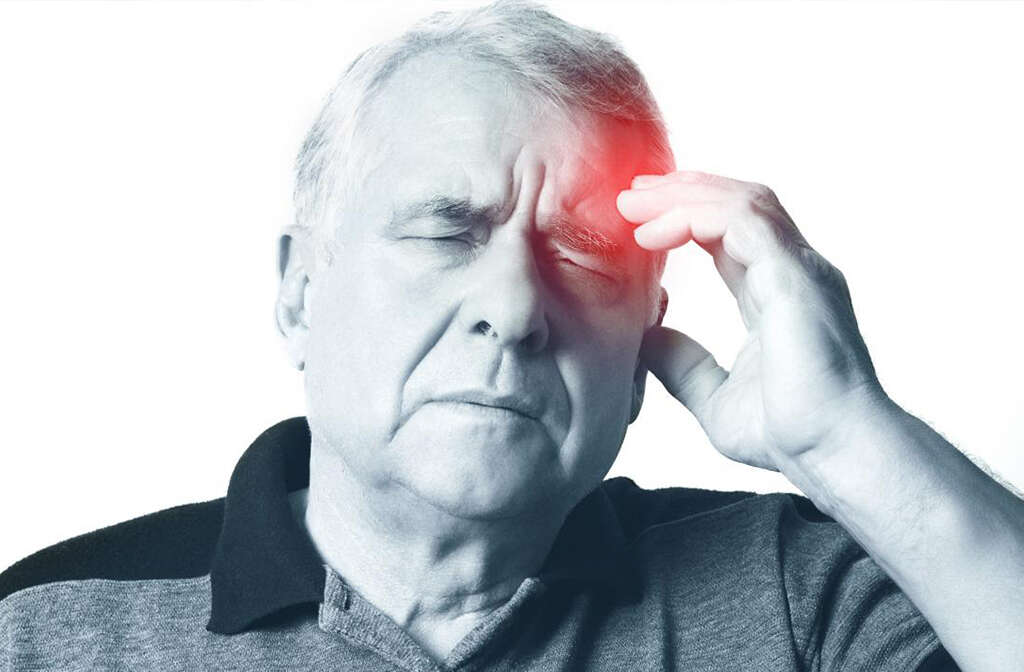
Cause #4: Parkinson’s Disease
Parkinson’s disease is a condition with chronic degenerative disorder of the central nervous system that also affects the motor system. The symptoms gradually and progressively worsen with time. Some of the earliest symptoms are slowness of movement, shaking, rigidity, difficulty walking, and tremors. It may also result in thinking and behavioural issues.
In severe and advanced stages of the disease, dementia, depression, and anxiety become common and can be seen in about 33% of patients with Parkinson’s disease. Other symptoms include sleep, sensory, and emotional issues. In Parkinson’s disease, more than 35 percent have tremors, which usually begin on one side of the body and may spread to the other side.

Cause #5: Hereditary Ataxia
Ataxia is defined as a neurological sign where there is lack of voluntary muscle coordination that can lead to gait abnormality, issues with eye movements, poor coordination, hearing problems, tremors, and speech changes. It can be limited to one side of the body, known as hemiataxia.
Some of the disorders that can cause hereditary ataxia are episodic ataxia, spinocerebellar ataxia, Friedreich’s ataxia, Niemann Pick disease, and ataxia telangiectasia. The diagnosis of ataxia is often challenging and involves many tests. Although not always curable, the symptoms of ataxia can usually be alleviated.

Cause #6: Alcohol Withdrawal
Alcohol withdrawal syndrome occurs when there is drastic reduction of alcohol use after a duration of excessive use. The symptoms of alcohol withdrawal often include shakiness, anxiety, vomiting, sweating, tachycardia, mild fever, seizures, auditory or visual hallucinations, and delirium tremens.
Generally, the symptoms begin about six hours after the last consumption of alcohol and are worst 24 to 72 hours later. It can be managed using benzodiazepines such as diazepam or chlordiazepoxide. Thiamine insufficiency, hypoglycemia, and electrolyte issues should also be managed to improve outcomes.

Cause #7: Hyperthyroidism
Hyperthyroidism is a condition where the excessive production of the thyroid hormone results in elevated levels of it. The signs and symptoms of hyperthyroidism include tachycardia, heat intolerance, diarrhea, hand tremors, weigh loss, irritability, issues with sleeping, and possible enlargement of the thyroid gland.
The diagnosis of hyperthyroidism can be made based on the blood test where it may show raised T3 or T4 thyroid hormones. Depending on the cause and severity of the condition, hyperthyroidism can be treated using medications, radioiodine therapy, or surgery.

Cause #8: Essential Tremor
Essential tremor is also known as idiopathic tremor, benign tremor, or familial tremor. It is a progressive and common neurological disorder that affects movements. Although the cause is still unknown, it most commonly results in tremors of the fingers, hands, or arms.
It can also affect the vocal cords, head, and other parts of the body. It should be distinguished from Parkinson’s disease, which has resting tremor compared to an action tremor. In severe cases, essential tremor can greatly interfere with the individual’s activities of daily living such as dressing, personal hygiene, and feeding. Any form of mental or physical stress can worsen the tremors.

Cause #9: Hypoglycemia
Hypoglycemia or low blood sugar occurs when the blood sugar has declined below normal levels. It may cause issues such as loss of consciousness, seizures, clumsiness, confusion, issues with speech, seizures, sweating, shakiness, weakness, and hunger.
These symptoms typically appear quickly. One of the most common causes of hypoglycemia includes the medication used for the treatment of diabetes mellitus. Other common causes of hypoglycemia include starvation, hypothyroidism, liver disease, insulinoma, severe infections, among others.

Cause #10: Caffeine
Caffeine is a widely consumed substance that can have unwanted side effects if consumed too much. In large quantities, caffeine can lead to hand tremors. Besides coffee, caffeine can be found in other beverages such as tea and chocolate. It helps the individual to feel more awake as it stimulates the central nervous system.
More than 300 mg of caffeine daily can lead to negative side effects such as anxiety, tachycardia, headaches, stomach irritation, feeling jittery, and hand tremors. This is especially true for individuals who are sensitive to caffeine or have little to no tolerance for it.







